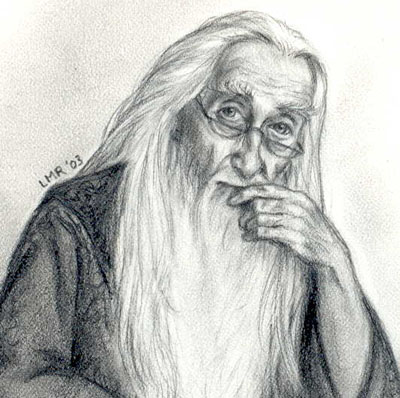Ok...it's good to hear your views but I'm confused again

"I cling stubbornly to undying idealism and romanticism despite everything" - what's so naive in this? Can you explain me, please?
Go across the Internet; the prevailing ideals du jour is cynicism and nihilism nowadays.
Reckless abandon for 'non-intellectuals', or 'weighed-by-the-world hopelessness' for the 'intellectuals'.
In other words, based on what @
TheDaringHatTrick said; a lot of INFJ will appear comparatively cynical and world-weary when they were young, but will appear comparatively hopeful and idealistic (or even naive) when they were older.
Adding my point--hmm, I don't know a surefire sign, but several factors that helped the process of elimination would be
Generally leaning towards the serious side rather than the jocular. If they deliver jokes-- they tend to be rather subtle. 'dry' rather than 'crude'; 'poking' rather than 'making fun'. A special case ought to be made when they are consciously, socially trying to 'perform' as someone crude or perverted, in which case, they generally can deliver it in a mimicking way.
However, when they are going analytical-- they tend to lean to the verbose rather than the simple. Complicated over the minimalistic approach. Does not mean they don't value simplicity; they generally do, but it's more....hmm, content-oriented?
Some INFJs I know (aside from me, but I acknowledge my personal bias) has a particular way of speaking; word choices, word arrangement, patterns, so on. A lot of people do have it, regardless of types, but the people I considered INFJs have it more than others, I guess?



